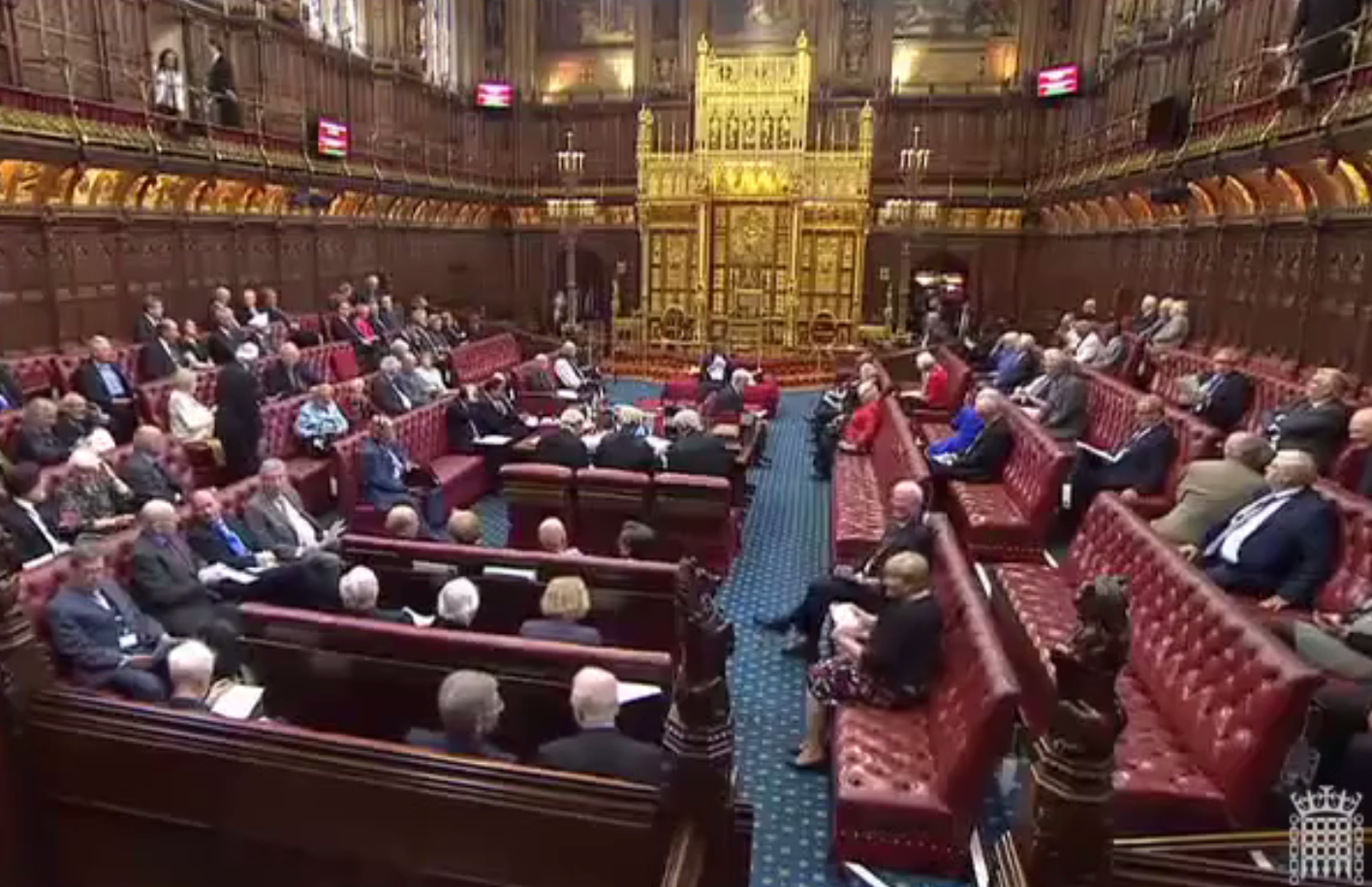
The Government has introduced new limits on the Investigatory Powers Bill to limit the state’s ability to view internet connection records.
But it has yet to act on demands from across the journalism industry asking that the bill includes specific safeguards to protect journalistic material from state snooping.
More than 900 have so far signed a Press Gazette petition urging Home Secretary Amber Rudd to agree to put safeguards for journalistic sources across the bill.
The Bill is currently going through the House of Lords where new amendments are being debated.
Justice spokesman Lord Keen of Elie said that powers to view internet connection records will only be used when law enforcement bodies are investigating crimes which could carry at least six months’ in jail.
Labour former Northern Ireland secretary Lord Murphy of Torfaen sat on the joint committee that examined the draft Bill.
He said the majority of members believed ICRs were “absolutely necessary” to protect citizens and give the security agencies “the tools they absolutely need”.
But Liberal Democrat Lord Strasburger questioned why the UK should be “in a stubborn minority of one” on the retention of the ICRs.
“Collecting and storing, far from making us safer, will expose everyone in Britain who uses the internet to new and serious risks.
“They are highly intrusive into everyone’s private lives and they cannot be stored securely by our service providers. So it’s little wonder then that no other western democracy is collecting internet connection records.”
He added: “The very existence of internet connection records would create more hazards and dangers for the British public than they currently face.”
Lord Strasburger urged peers to bear in mind that the information would be “gold dust” for those “who would do us harm and attract the efforts of hackers, blackmailers, criminals, rogue states from around the world”.
He added: “The prize for them would be the details of the private lives of millions of UK citizens.”
He said the Government was “deluding itself and the British public” if it believed this information could be kept safe.
“It’s a matter of when, not if, sensitive data gets into the wrong hands,” Lord Strasburger added.
Former MI5 chief Lord Evans of Weardale said every law enforcement agency he had spoken to believed this was a necessary power to enable them to pursue serious crime.
He said there was plenty of evidence that the UK had been considerably more successful in prosecuting paedophiles than other jurisdictions, partly because “appropriate powers” had been provided.
“We should provide as many powers as we can to catch these people before they damage us and to prosecute them afterwards,” the independent crossbencher told peers.
Liberal Democrat Lord Carlile of Berriew, a former independent reviewer of terrorism legislation, condemned “mythology” surrounding the activities of the security services.
He said it was wrong to suggest they were “so bored, idle and inert” that they had the time to look at the “completely uninteresting, irrelevant internet records” of any member of the public for “something to do”.
The UK was ahead of the rest of the world, Lord Carlile said, and it was time to move on and pass provisions which “will help our authorities to catch the most serious criminals, including hundreds of paedophiles”
Email pged@pressgazette.co.uk to point out mistakes, provide story tips or send in a letter for publication on our "Letters Page" blog
